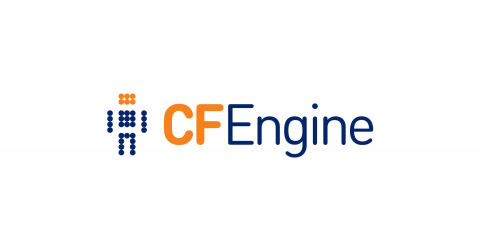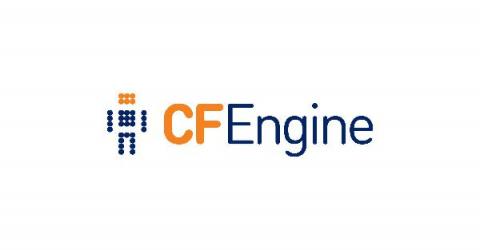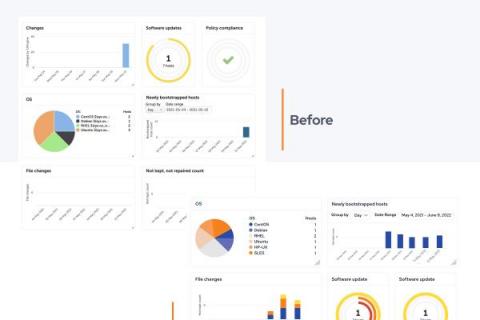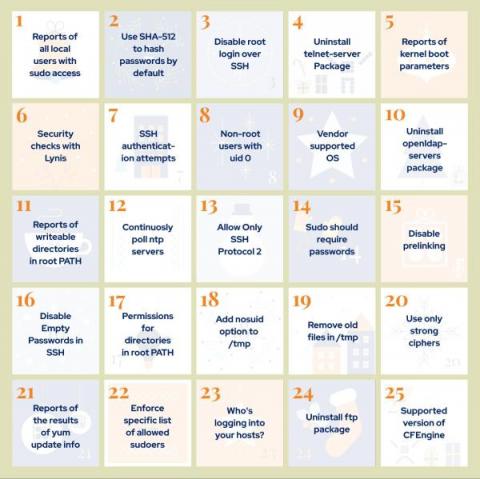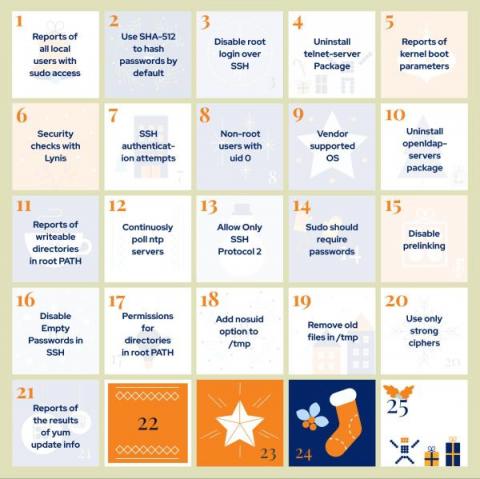Writing a cfbs module for your custom policy update
I re-stumbled across this mailing list post from Bryan Burke about some policy framework upgrade issues where he also asked about hooking in and customizing the update policy. I thought this sounded like a good opportunity for an example using a cfbs module. So, let’s take a look at making a cfbs module for a custom update policy. As mentioned in the thread there are just a couple of things you need to do in order to hook in and customize the behavior of the update policy.


